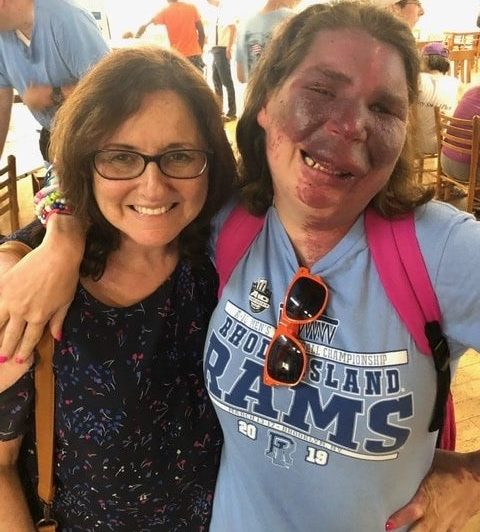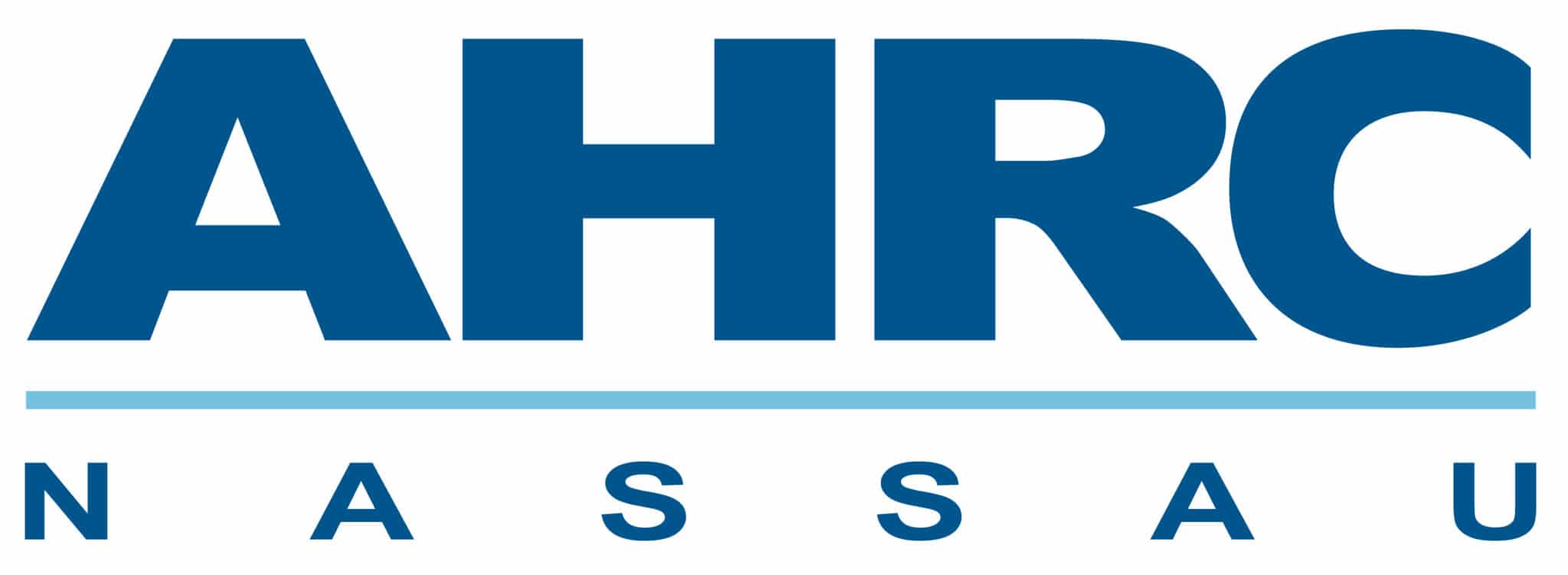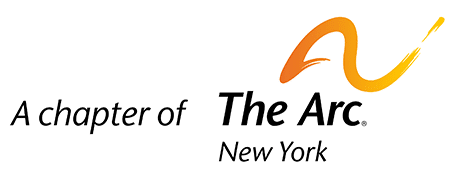As a result of advocates in our community, like Saundra Gumerove, Esq., irst vice president of AHRC Nassau, recently the New York State Budget passed with crucial disability funding. In this article, Saundra explains her experience of advocating for increased funding for her daughter, Lauren. For more information on current advocacy issues, please visit http://www.ahrc.org/advocate.
“Mom, when will the virus be gone?” Lauren, my adult daughter with developmental disabilities — my sensitive, social child — has always keenly felt the challenge of social isolation, but now her world is becoming even smaller and more de-stabilized.
Two of Lauren’s housemates died from Covid-19. This continues to frighten Lauren, who could not come home for Chanukah; who has not been able to meet her new nephew; who notices fewer staff are coming into her home to support her; and who needs reassurance of why she must stay in when she’d rather go out. When Lauren questions me as to why, sometimes, I don’t know what to say — and I’m worried too.
 Congress has failed to include crucial home- and community-based services in its relief efforts. These services determine the health and safety of those, like Lauren, who live in homes regulated by New York State’s Office for People With Developmental Disabilities (OPWDD). Sadly, the government’s funding failure was not a surprise.
Congress has failed to include crucial home- and community-based services in its relief efforts. These services determine the health and safety of those, like Lauren, who live in homes regulated by New York State’s Office for People With Developmental Disabilities (OPWDD). Sadly, the government’s funding failure was not a surprise.
These services have been slashed repeatedly over the last few years despite their significance to the lives of people with disabilities. This shows a glaring disregard for the lives of people with disabilities while giving lip service to a commitment to “full, integrated lives for people with disabilities”.
Imagine essential, front-line workers, doctors, nurses, among others, being denied PPE funding? The relief bill did not include funding for disability staff PPE — despite the fact that people with disabilities residing in OPWDD group homes and programs rely on staff for direct, and very often, up close and personal support.
Lauren was lucky — despite shortages, her agency continued to keep people safe with necessary PPE and staff. Yet, there is dire need for more federal and state funding to maintain and continue services. This funding oversight also goes to the dignity of daily life. Imagine not being able to button up your shirt, go to the bathroom or go into the grocery store without help? Home- and community-based supports address basic needs.
Congress’ action demonstrates its disregard for the value of the lives of people with disabilities and the necessity for people with disabilities to maintain their independence. Even during this time of increased social distancing, my daughter Lauren’s opportunities for a safe, quality of life at home are put at risk as much as her ability to engage with the world around her. We know all too well that less funding means less staff and services.
Such oversights do not only occur at the federal level. New York State chose to withhold payments to disability provider agencies because the federal government had not reimbursed them. New York State has a long history of solving its fiscal shortfalls at the expense of people with developmental disabilities.
This egregious oversight is business as usual. People with developmental disabilities have a long history of being segregated, isolated, overlooked and underfunded. Their roles of citizens, voters, and family members are seemingly discounted, as is the necessity to maintain their safety and a high quality of life.
People who reside in OPWDD group homes and apartments and their staff are now part of Phase 1A vaccinations – after Covid-19 ravaged those settings. This prioritization is thanks to the parents, staff and friends in the community literally advocating for their lives.
These are life-and-death matters. Dollars and cents should not govern. There remains a dismaying lack of compassion, and understanding of not only the experience of disability, but its impact on families and people who have made it their career to support them. In the new year, I ask that you join me in calling out to our federal and state lawmakers, asking them to not only consider the needs of people with disabilities but whether they will stand up for home- and community-based services. It’s a question that mothers like me have had to ask for fifty years. Please help me in making sure this is the last generation that must do so.

